We make a number of decisions every day. These decisions are based on conscious or unconscious analysis, as well as assessments of risks and uncertainties. We are often unaware of how we make these decisions, and how we compare alternatives. Individuals, as well as society, sometimes make decisions to be on the safe side, whereas in other cases chose to take a risk. The course focuses on a number of issues: How can risk be assessed? Can risk be quantified? How do risk assessments affect decision and policy making? What role does risk communication and media play? How do individuals perceive risks and risk management? Risk, uncertainty, and decision analysis implies systematic efforts to understand the consequences of decisions.
The aim of the course is to give the participants a deeper understanding of theoretical perspectives and methods within risk research in different disciplines, as well as tools for interdisciplinary risk research. The course contains both lectures and seminars. The lectures will provide rich accounts of different disciplinary perspectives. In seminars, participants will cooperate around certain issues, which demand an interdisciplinary approach.
Lectures by Ragnar Löfstedt, Annika Wallin, Åsa Knaggård, Joakim Zander, Johannes Persson, Henrik Thorén, Maj Rundlöf and Ullrika Sahlin
Physical meeting in Lund 2-3rd October 2023
Hybrid meeting 6-7 November
Read more and apply here before Sept 18th 2023 course page

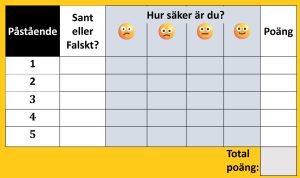
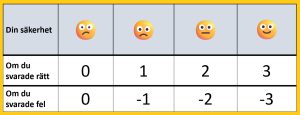
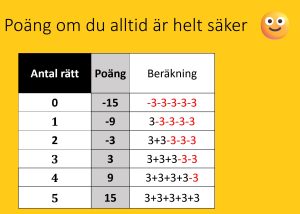
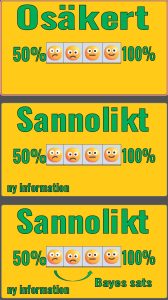
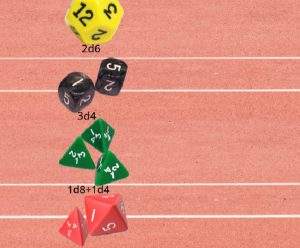
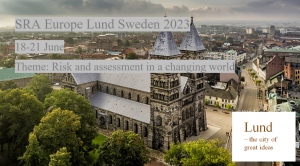
Comments